Actress Cate Blanchett Creates Her Own “Rooney Rule” Requiring Women And Minorities To Be Interviewed For Jobs For Her Production Company
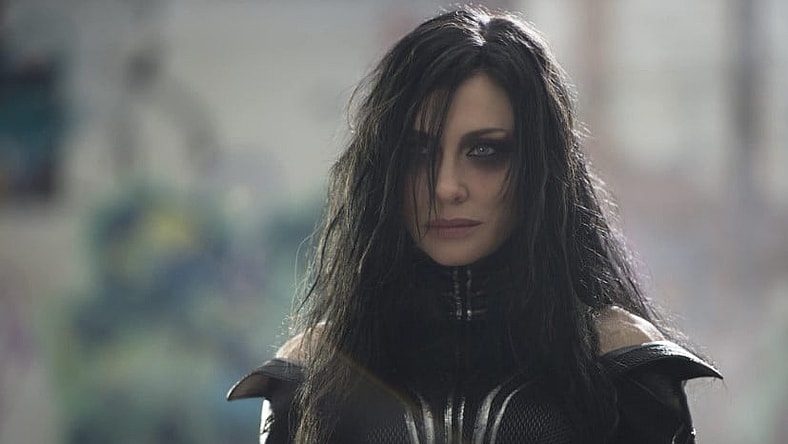
Ever since the Harvey Weinstein sex scandal was exposed to the mainstream masses, women in the industry have used the story to seek more power in Hollywood as a result of his downfall.
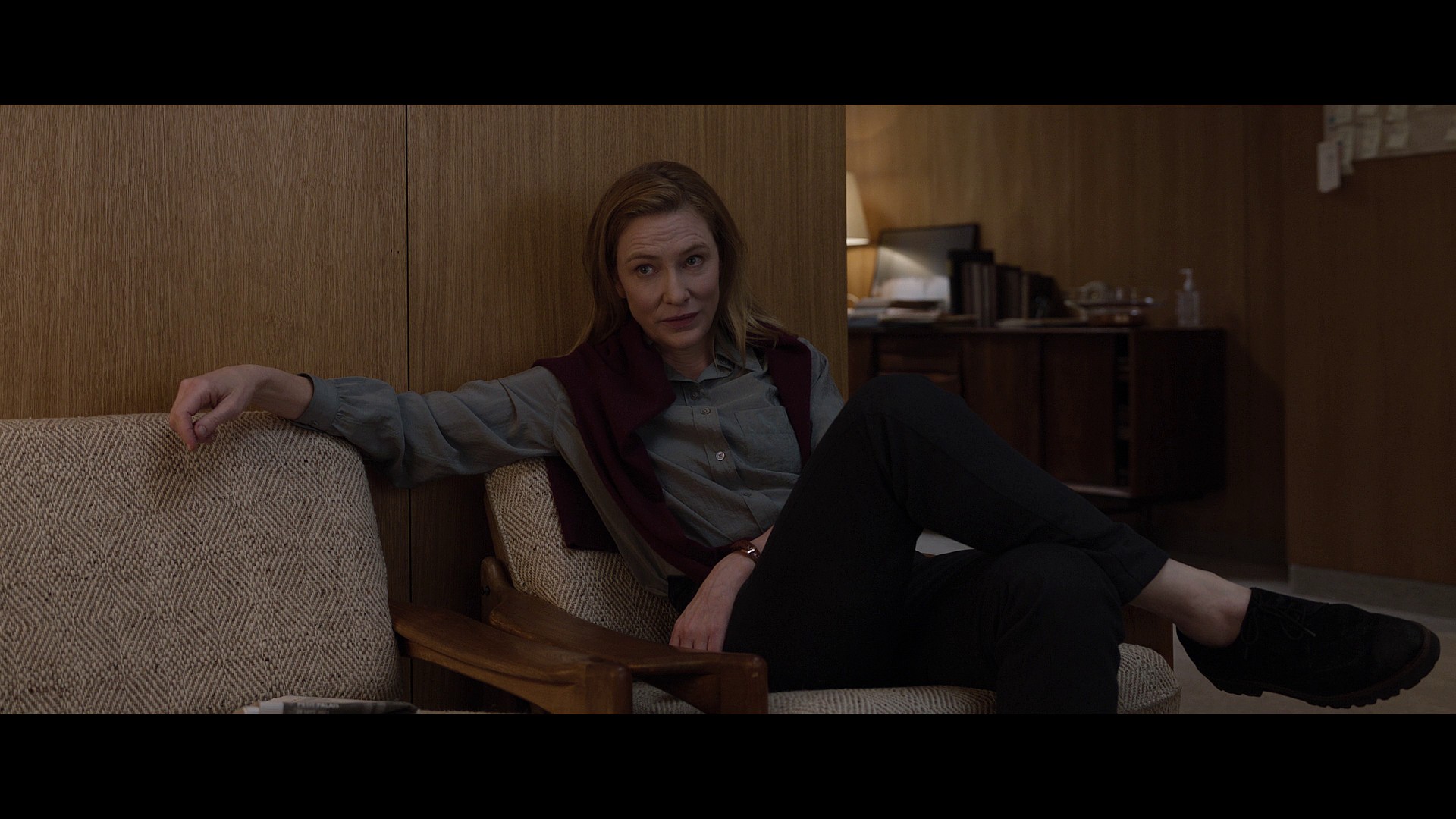
Actress Cate Blanchett, who was nominated for an Academy Award this year for her performance in the film Tar says that as a means to leveling the playing for women and minorities in Hollywood, she is mandating that her production company interview them for jobs.
Diversity and inclusion mandates have swept Hollywood in the last five years as the industry tries to ‘fix’ it’s problem of having too many white men on and off screen for their productions, and Blanchett and her production company Dirty Films are the latest to announce such an endeavor.
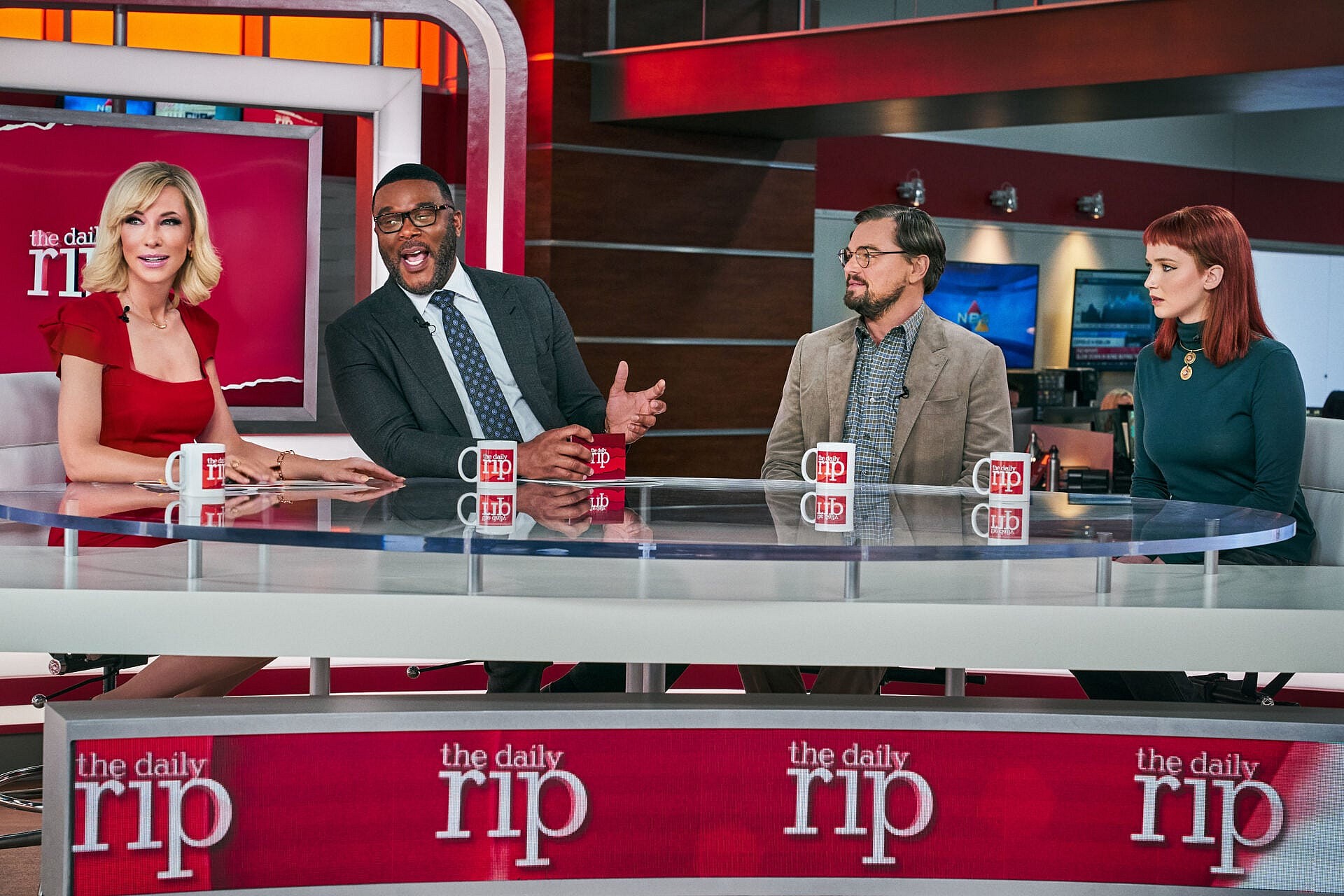
While attending the Cannes Film Festival last week, she discussed how her Dirty Films company is creating diversity quotas for hiring to give more opportunities to non white workers.
First, speaking to her experience on the FX series Mrs. America and how they chose female directors, Blanchett said, “We were around the table one day, and we were like, ‘let’s just make a list, let’s make our best efforts,’ and without drawing breath we suddenly had a list of 70 women who were all completely qualified, capable, and inspirational,” Blanchett said.
She would quickly move on from Mrs. America to Hollywood at-large saying, “Then realizing just how easy it was and how lazy it is, how lazy the industry has been and neglectful to its detriment. There was a profound malaise and a level of homogeneity to the the work because the people behind the lens who were making the work were too homogenous.”
“And so when you get a diverse perspective, and I’m not just talking about gender and sexual orientation and cultural diversity and racial diversity, I’m talking about generational diversity, and so I think then the work becomes really exciting and I think that’s what Mrs. America what it was,” she said.
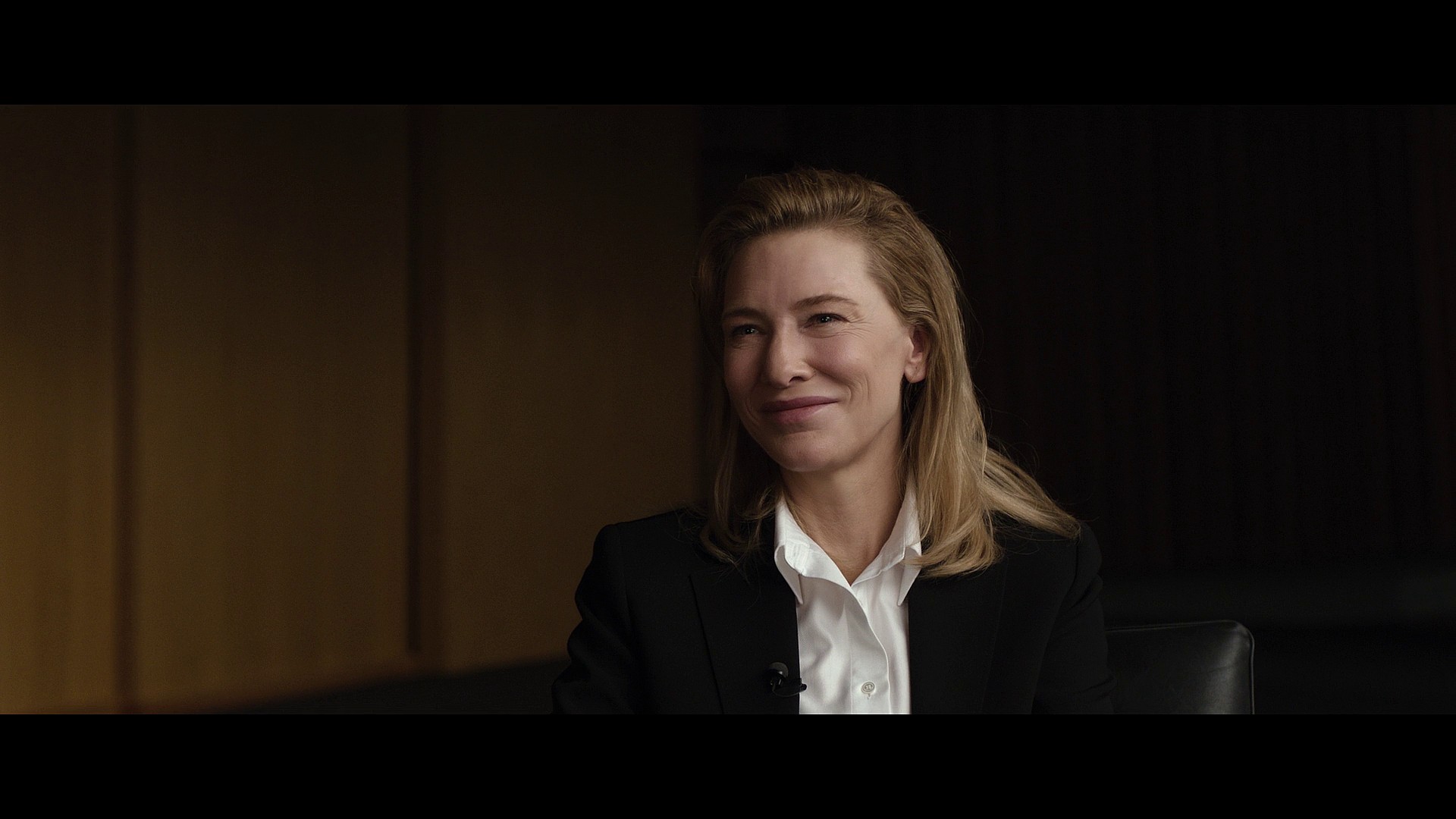
Blanchett and her co-producer Coco Francini have hired mostly female directors and crew members and mandated that diversity must be a top priority moving forward.
“We made a rule, basically, for every single member of the crew that for every position you must interview a woman, and you must interview a person of color,” Francini claimed. “And just pushing people towards that goal brought out all of these very qualified people that they just hadn’t met before, hadn’t been pushed towards finding so our crew was incredible. And lots of women behind the camera as well. Not just the directors.”
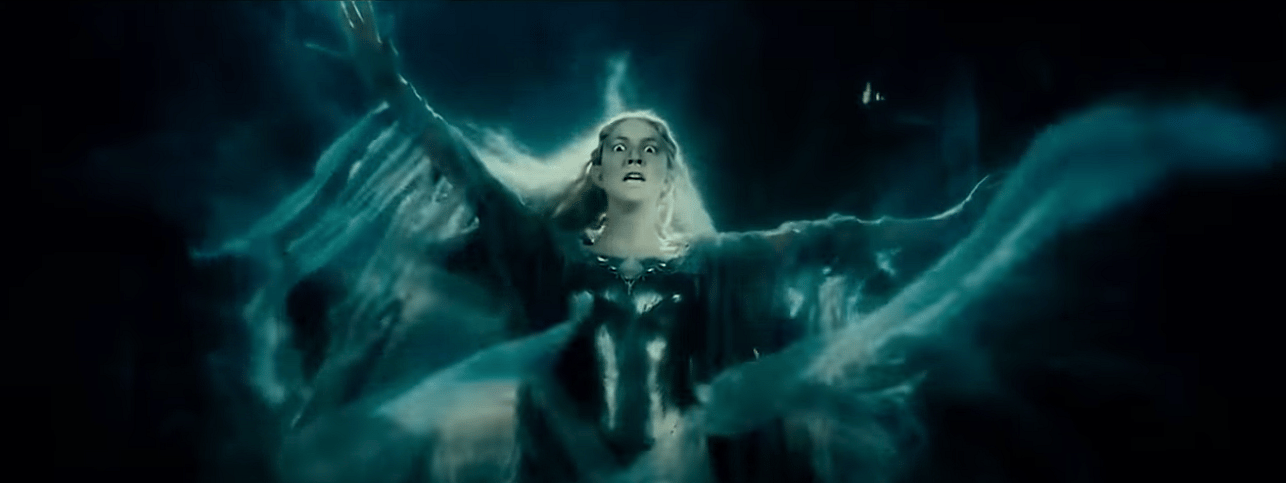
When asked if this rule applied to all of their projects, Blanchett responded, “Yeah, I think it’s important to, but it’s also it’s why not. We shouldn’t even be having this conversation.”
She continued, “And I look forward to the day when we don’t even need to have interviews about women in cinema where, you know, it’s a non-issue. But we both had experiences where we’ve walked on set and done the head count and you wonder why you sort of slightly feel alienated and annoyed some days. Is because you realize you get on to the block through and you do the head count and I realized that not only am I the only woman in the cast here for the block through, there are 62 men and yep, I’m the only woman.”
“And so you go, ‘This ratio is bad.’ And you go, ‘I’ll do it tomorrow.’ Okay, ’37 men and three women.’ No, not good enough. So it’s not even like the ratio is seven to five. It’s really disproportionate. And it means you’re always laughing at the same jokes. I do have a really good sense of humor, but it’s like let’s change it up.”
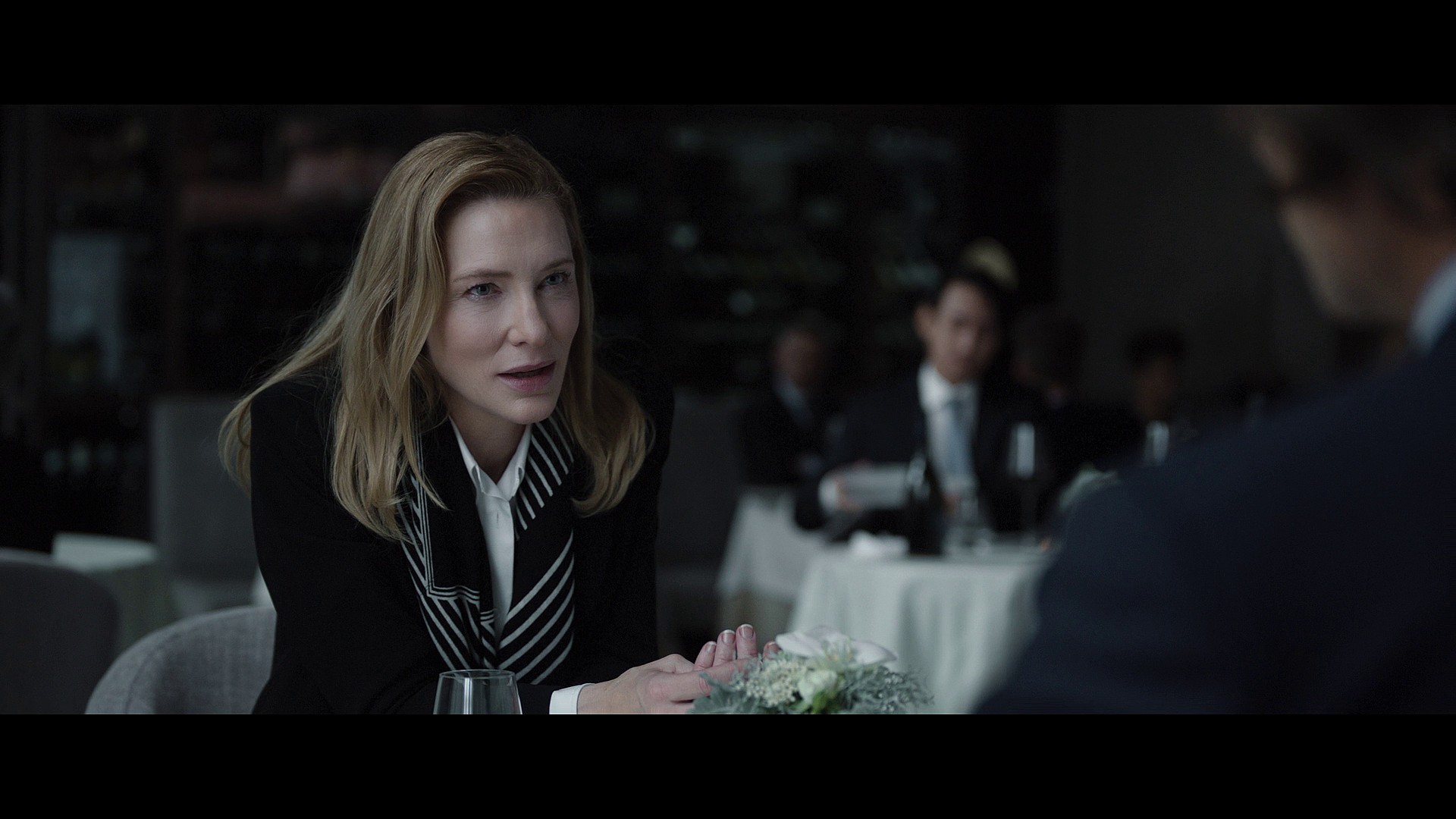
RELATED: New Cate Blanchett Film ‘Tár’ Sees Title Character Issue A Scathing Take Down Of Identity Politics
Blanchett then answered a question about how the industry has changed for women since she started out. She said, “I think it’s top of mind. I think diversity is top of mind. And I think it’s in a way that you can feel sometimes. If I’m honest, you can feel sometimes people going, ‘Okay, we’re having a diversity conversation.’ That’s good. That means we’re having it a lot. And unfortunately, we need to keep having it until all of the rooms and at all levels of the process of making cultural product, for want of a better phrase, until the product is as diverse as it should be.”
“But I’ve noticed enormous changes. Yeah, definitely. And I feel that there’s a lot more from when I started off as an actress in the film industry. There was a sense of, and to be frank, it did come from the media more than I encountered on set that you were competitors. You weren’t collaborators. And we are natural collaborators. I’ve noticed that women have really got each other’s backs,” she added.
“And that women who have power to elevate the wage, to say we’re going to have favored nations on this set in terms of, you know, all of the sort of perks. Although the types of films that we tend to gravitate to there are no perks. But to make sure that the women who maybe are not in that position to argue their corner, you argue it for them and with them and empower them to have their voice on set,” Blanchett said.
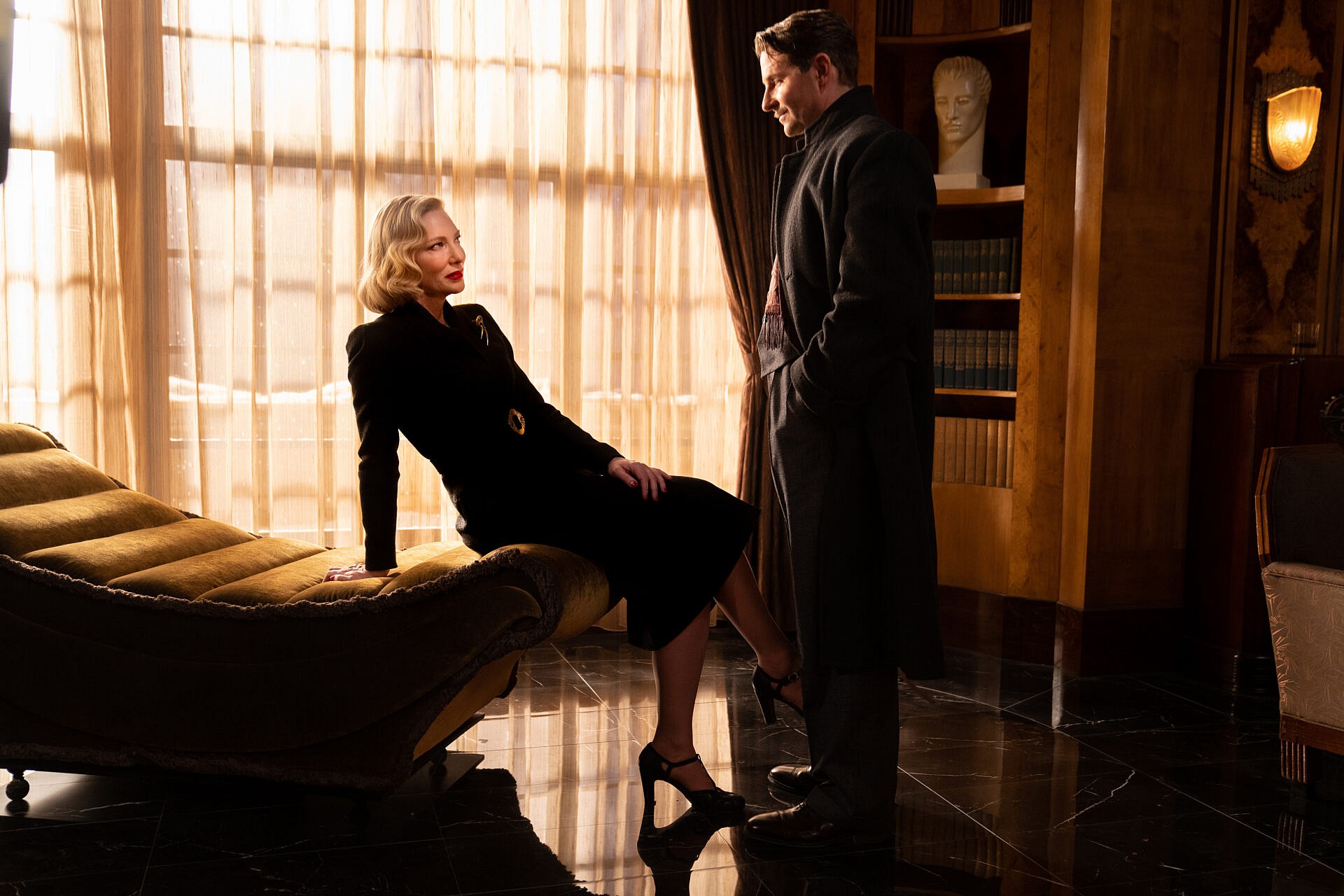
Dirty Films’ diversity quotas are similar to the National Football League’s rule called “The Rooney Rule” which was also a diversity and inclusion quota that guarantees that every team must interview a minority coach before making a final decision on hiring a head coach.
The rule has long been criticized as most NFL teams will interview a minority candidate with no intention of hiring him because they have already selected a coach before the interview.
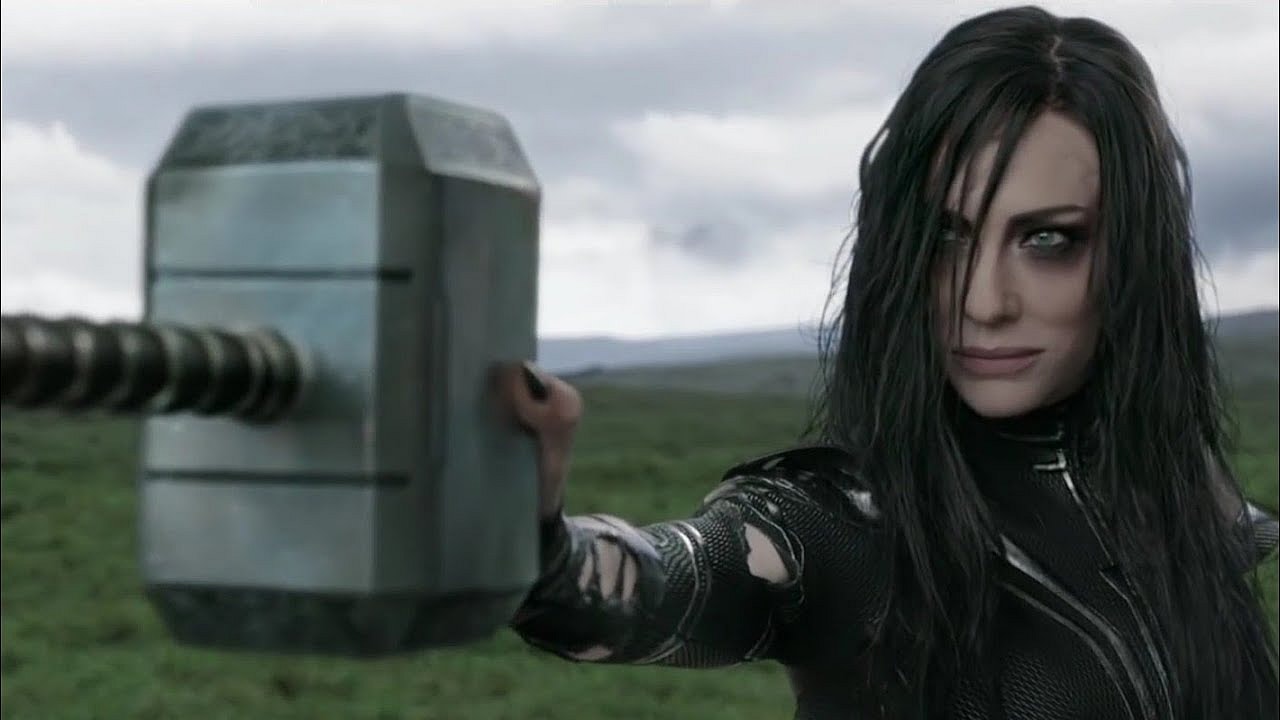
Film mandates for diversity have been growing over the years with government throwing their power into Hollywood becoming more woke. Last year, the state of California voted to pass SB 485, a revision of the state’s film tax credits to boost a diversity workplan for Hollywood by matching film production with the demographics of the state.
Organizations such as GLAAD continue to push for more LGBTQ representation with GLAAD CEO Sarah Kate Ellis calling on major studios to include LGBTQ characters in 50 percent of all films by 2024.
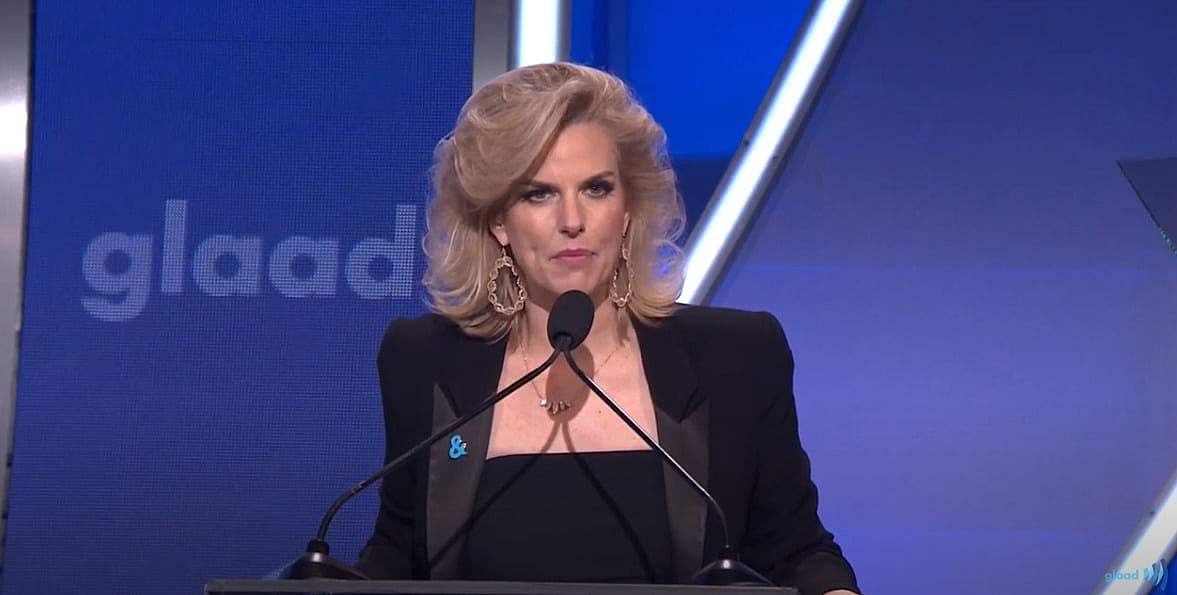
Hollywood values representation over entertainment and it doesn’t look like the industry is pulling away from that ideology any time soon.
What are your thoughts on Cate Blanchett’s mandates for diversity hiring in her company?
NEXT: The Death Of Humor & The Rise Of “Activist Comedy”
